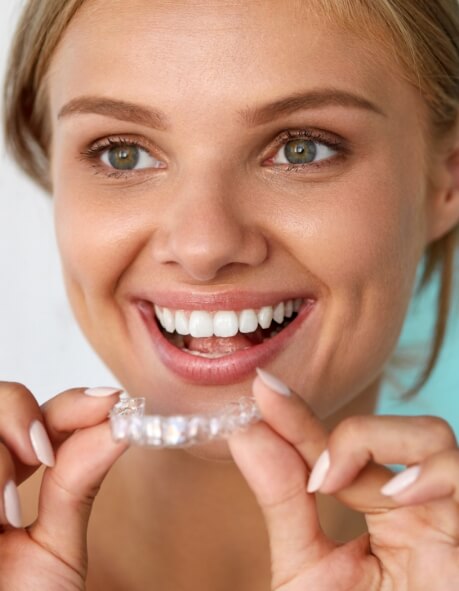Strips, trays, pastes, pens… there’s no lack of options when it comes to whitening your teeth. But how do you know which is safe, effective, and right for the types of stains you have? Easy! Visit our dental office for an evaluation. You should always visit your dentist prior to beginning a whitening program. Only a professional can determine whether whitening is the right solution for you.
When you visit Central Dental Associates for teeth whitening in Norwood, we’ll first examine your teeth and gums, checking for signs of cavities or gum disease. Resolving these issues before whitening will ensure your comfort and prevent future issues from arising. Give us a call today to schedule your initial appointment.


